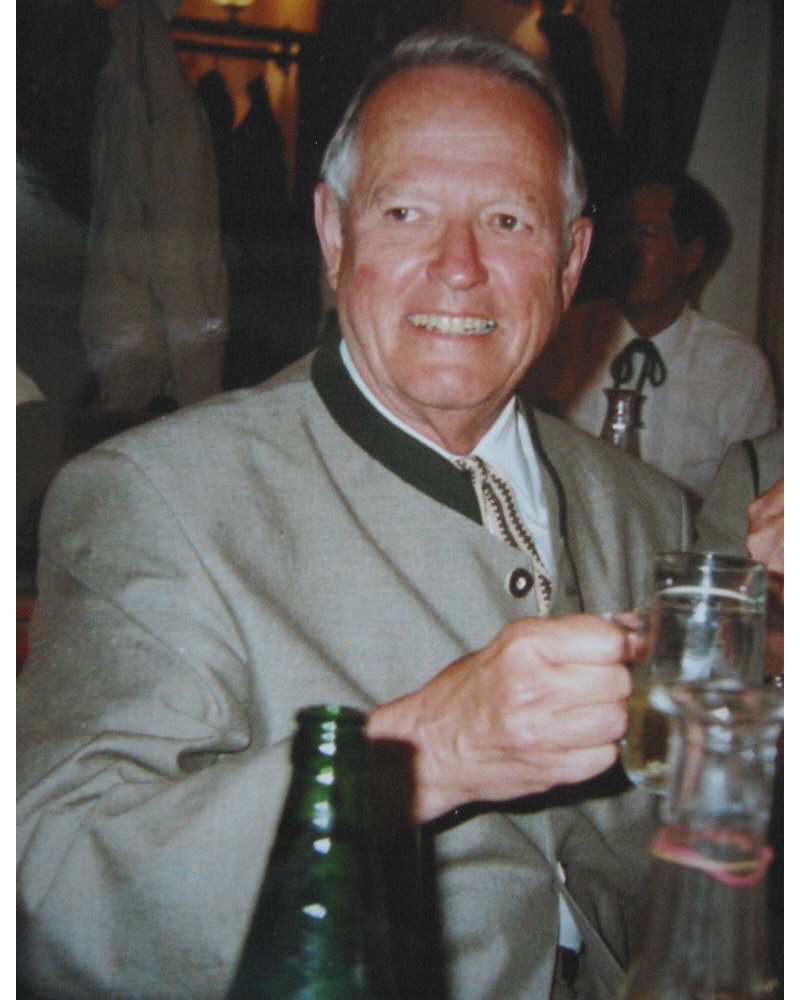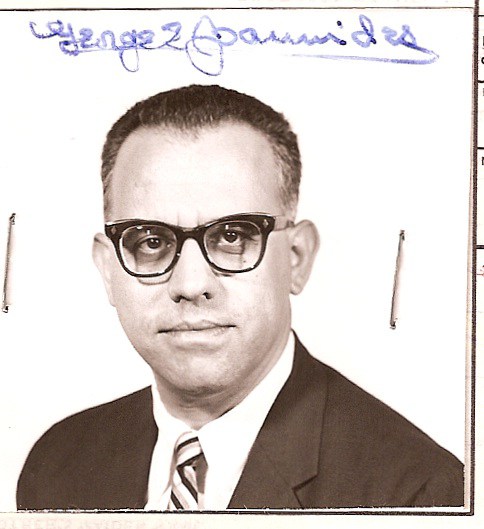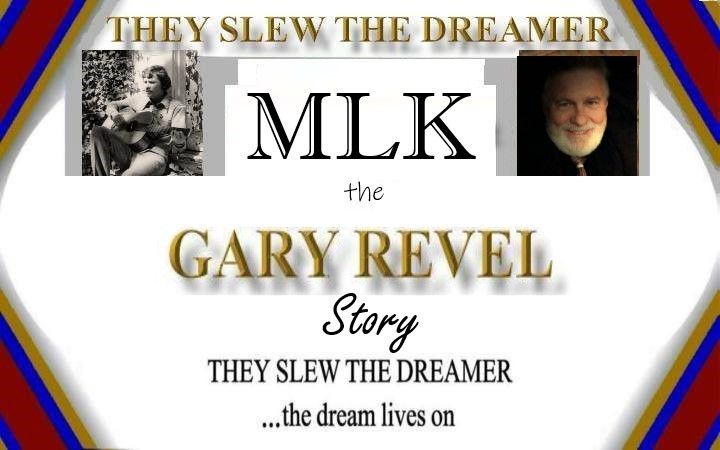| Tweet |
Temple, TX USA
Update: March 20, 2017, Killeen, Texas
Re: JFK Assassination and the CIA

Seeing is Believing: the impact clearly shows the bullet did not come from behind but rather from right-front.
John Whitten: The CIA Official who Pursued the Truth of the JFK Assassination
Opinion/Historical Perspective by Gary RevelEven in 1963 the CIA had it's own domestic operations within the US regardless of their legality. Much of it was centered in Miami, Florida and used some of the Cuban Exiles as contracted assets for covert operations. After the killing of JFK the CIA Director of Plans-Richard Helms, Counterintelligence Chief Jim Angleton and Special Operations Liason Richard Ober were ready to cover up any involvement of the CIA. Helms had contingency plans for the termination of a president who became a threat to the National Secutiry of the United States. One of those plans had been implemented by 'someone' and it had to be as if it the plan never existed. Attorney General Robert F. Kennedy was sidelined because of the loss of his brother so Deputy Attorney General Nicholas Katzenbach stepped into the position of Acting Attorney General. He sent a memo to Bill Moyer, an Assistant to President Lyndon Baines Johnson that read. "The public must be satisfied that Oswald was the assassin; that he had no confederates who are still at large; and that evidence was such that he would have been convicted at trial. Speculation about Oswald's motivation ought to be cut off, and we should have some basis for rebutting thought that this was a Communist conspiracy or (as the Iron Curtain press is saying) a right-wing conspiracy to blame it on the Communists." Eventually the JFK Assassination Records Review board released several chapters from an unpublished memoir written by Win Scott, the man who had been serving as chief of the CIA’s Mexico City station in 1963. Scott, renowned among colleagues for his photographic memory, wrote that Oswald was the object of “keen interest” from the moment he arrived in Mexico City. It was only then that many learned of the lone CIA official who set out to get to the bottom of the entire matter. John Whitten. He had given a sworn deposition, being a retired CIA official known only as “John Scelso.” Scelso was a cover name for John Whitten, a former senior staffer in the Western Hemisphere division of the covert operations directorate.

John Whitten

George Joannides
Whitten kept his distance from Helms after his experience with JFK case. He was bothered by Helms’s failure to give him files on Oswald’s Cuba-related activities. He was appalled to learn in the 1970s that Helms had been organizing a conspiracy to kill Castro in November 1963 and failed to share information about the plots with the Warren Commission. Helms’s actions were “completely morally reprehensible,” he said. Whitten was an insider who could recognize the subtleties of what was going on in the CIA’s Directorate of Plans at the time of Kennedy’s death.
Whitten had testified that, "Accounting for Oswald’s Cuba-related activities proved especially difficult". In early December 1963 Whitten was writing up what he had gleaned from CIA files, when he was invited to the White House for a look at the FBI’s preliminary report on Oswald. Reading the report, Whitten was shocked. The FBI had all sorts of information about Oswald that had never been given to him. Whitten went back to his office realizing that deputy director Dick Helms and counterintelligence chief James Angleton had been withholding “vital information” about the accused assassin from him.He was asked about the Oswald related cable of October 10, 1963 and Whitten was puzzled that someone as senior as Tom Karamessines had signed off on it. Standard agency procedures involving reporting on Americans abroad, he said, did not normally require such high-level attention. In 1978, congressional investigators found him living in self-imposed exile and interviewed him in secret session.
When asked, "Could you give us some examples of that?” Whitten remembered quite clearly.
“Yes,” he said. “Details of Oswald’s political activity in the United States, the pro-Cuban activity…” Later on he reiterated the point: “Oswald’s involvement with the pro-Castro movement in the United States was not at all surfaced to us in the first weeks of the investigation,” he said. Why would Helms and Angleton not share such information his colleague in charge of the agency’s investigation of Oswald?
Whitten never found out. He testified that as soon as he learned he had been denied key files on Oswald, he complained to Helms around Christmastime 1963. His initial conclusion that Oswald had acted alone, he said, was “obviously, completely irrelevant in view of all this Bureau information.”
John Tunheim, the federal judge who served as chairman of the JFK review board, once said, “the so-called ‘Scelso deposition’ was perhaps the single most important documents we uncovered.”
Whitten, unfortunately, died in January 2000 in a Pennsylvania nursing home.
MLK-They Slew the Dreamer Presentation
Page 1MLK Assassination Investigation Links
Copies of pages from the transcript of the James Earl Ray guitly plea hearing and analysis by Special Investigator Gary Revel
Investigating the Assassination of Martin Luther King Jr. - People get Killed
Leutrell Osborne Finds Disturbing New Details Investigating Martin Luther King Jr. Assassination
Mystery Helicopter and Riot Control in Memphis During March with MLK
New Questions About E. Howard Hunt And MLK Assassination-A Gary Revel Commentary
Pictures of Assassins
The Case Against James Earl Ray: Anyalysis by Martin Hay
The Deadly Business of the Murder of Martin Luther King Jr.
They Slew the Dreamer - Lyrics and History
More Assassination Research Links
3 Tramps in Dealy Plaza: What are they to JFK killing
Gary Revel interview on guilt/innocence of Lee Harvey Oswald
Conspired to Kill: Opinion by Gary Revel
Deep Throat Surfaces - Watergate and Assassinations
JFK and RFK: The Plots that Killed Them, The Patsies that Didn’t by James Fetzer
JFK Assassination Bullet Fragment Analysis Proves Second Shooter
JFK Assassination Invetigation Continues
JFK: Through the Looking Glass Darkly
JFK: Why and How the CIA Helped Kill Him
John Whitten: How the CIA Helped Kill JFK and Keep Their Guilt Hidden
The business of murder related to Santo Trafficante, the Mafia, the CIA, JFK, MLK and RFK
The JFK Assassination: In the Light of Day
John Lennon Assassination
A Not So Funny Thing Happened: (WHILE LOOKING INTO THE MURDER OF AN EX- BEATLE)
John Lennon and ...
John Lennon killing, Wanna be a hero?
RSS Feed: Gary Revel MLK Assassination Investigation
Gary Revel found links to those responsible for the assassinations of JFK, MLK, RFK, John Lennon and the attempted killing of President Ronald Reagan.
A VERY INTERESTING PHONE CONVERSATIONThe lies and deceit in this phone conversation between 2 supposedly 'honorable men' are overwhelming. President Lyndon B. Johnson and FBI Director-J. Edgar Hoover conspire to keep the world in the dark as they have an ego pumping session shortly after JFK's killing. CLICK HERE To hear the entire, disturbing, and incredible private conversation. If the link doesn't work you can copy and paste this URL into your Web Browser address box. https://garyrevel.com/jfk/lbjjedgarhooverconspires.html
Owner of Jongleur Music Group of companies that includes music publishing/production/distribution, movie development, and book publishing.
Website Copyright 2017 - 2019 by Gary Revel